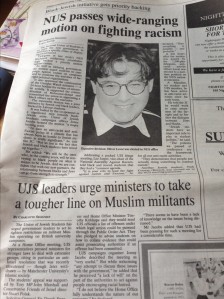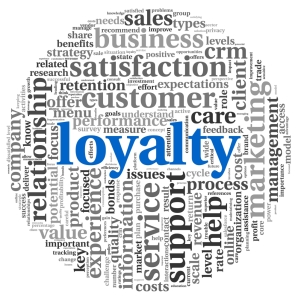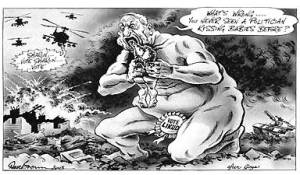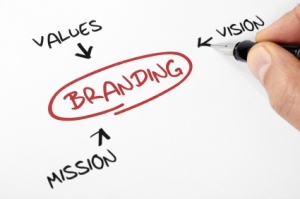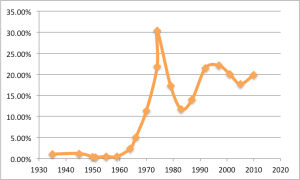In Las Vegas, I have participated in more Jewish events and ceremonies in the past 18 months than I had in the past 18 years in the UK. Next month something remarkable, but yet unremarkable will happen. Like all the males (and none of the females) in my family, my daughter will be called up to read the Torah on her Bat Mitzvah. If we had not moved to the United States and joined the Conservative movement and stayed in the United Kingdom, this great event would not have happened, and there is one reason why; The United Synagogue is preventing modern Anglo-Jewry from embracing change that is going on throughout the Jewish world.
(Edit – To be clear, if I had been a member of a Reform or Conservative Synagogue in the UK or Israel, my daughter could have been called up to the Torah; it is just the Orthodox Communities that discriminate against women in matters of religious practice.)
I must add as a preamble, I mean no offence to the leadership or followers of the United Synagogue who may read this, both lay and spiritual. However, I feel that you are either misguided, or in taking the actions that you are, you doing are causing harm to wider Anglo-Jewry (and either don’t see it, or don’t care.)
A very brief overview of Anglo-Jewry
For my non-Jewish friends reading this essay, there has been a documented Jewish presence in Britain since the 11th Century, but the ‘recent’ phase of “Anglo-Jewry” began with Cromwell in 1656. Mass Jewish immigration to the UK was an outcome of persecution and economic migration from the turn of the 20th Century to the Second World War. Anyone with the slightest knowledge of British history would appreciate the Jewish influence in British life; from fish and chips to Marks and Spencer, from Bud Flanagan to Alan Sugar, the Jewish influence in public life and culture has been unmatched by any other immigrant community. Britain has been good to the Jews, and the Jews have been good for Britain. The Jews of 1670 were different from 1870 and 1970 and there have been multiple types of Jews from merchants and traders who mingled with the highest of classes to destitute refugees, spending what they had to achieve passage to the shores of the UK.
The Institute for Jewish Policy Research (JPR) regularly reports on issues relating to the UK Jewish community and in 2010 they reported the composition of the UK Jewish community was as follows:
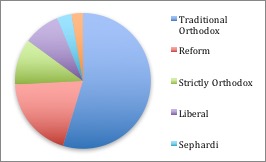
In a more recent study the JPR highlighted the following about Jews in Britain:
- 57% of respondents attend a Friday night meal most weeks;
- 49% frequently light candles at home on Friday night;
- Synagogue attendance is associated with type of affiliation, among other variables (such as gender, geography and so on). For example, over half (53%) of respondents who self-identify as ‘Orthodox’ attend synagogue, compared with a third (32%) of those who identify as ‘Traditional’ and just one in ten (11%) of those who are ‘Secular/Cultural’ Jews. Similarly, men are more likely to attend synagogue services weekly or more often than women.
What does it mean to be Jewish?
Most people see Judaism as a religion – it is. But Jewish identity is not religio-centric.
Today, there is an entire Jewish State where the Jews who go clubbing on a Friday night are as Jewish as those who study text from dawn to dusk. Everyone is entitled to live as Jewish and be as Jewish as they feel. There is no judgement placed in the Jewish State.
But this is different in the UK. The JPR undertook the study on Jewish identity today. Their findings are below, but it is worth noting their commentary:
“The most important beliefs are those associated with ethical and ethno-cultural themes. For example, the idea that ‘Strong moral and ethical behaviour’ is important to being Jewish is near universal (92%) and is the top item in this list.
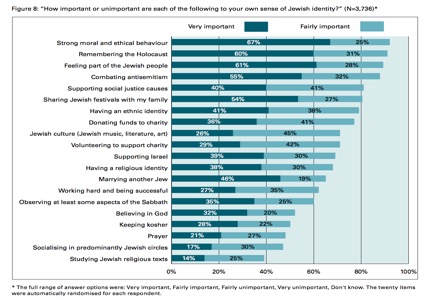
And for me this is the contradiction. My Jewish values are strong. I consider myself ethical, moral and rational. I have a strong collective memory, I want the best for my society, my community and my family. All of the top 11 of the JPR’s list have core resonance, and this is why I am writing this piece. I am a proud Jew and a proud Zionist, the modern incarnation of the Jewish Nation.

Rabbi Mirvis (Chief Rabbi of The United Synagogue)
The United Synagogue – The Orthodox Jewish Trade Union
The United Synagogue (US) was founded in 1870 and is the home of mainstream Orthodox Jewry, perhaps what the Jewish community would once define as Traditional.
The US elects representatives, which in turn appoint the Chief Rabbi of the US, who is possibly the most visible Jewish religious figure in the UK.
To those outside, it is very much like a Trade Union. It serves its members, and seeks to find ways that those on the outside do not get the same rights as those who are inside.
Membership eligibility is based on genetics; those that are deemed to be halakhaly Jewish (by having a Jewish mother) are automatically eligible to be accepted as Jewish, or an expensive and time-consuming conversion process. This same policy in terms of admitting to the US’ schools has been determined racist by the UK Supreme court (R (E) v Governing Body of JFS [2009]) but still exists for membership of the United Synagogue as it is a religious organisation and doesn’t require state funding.
Like a Union, it has a hierarchy, some cliques and the leading members are motivated by a particular ideology and theology.
Theologically, the United Synagogue is a blend of traditional Orthodox Judaism, which is rejectionist of modern life, and Modern Orthodoxy, which seeks to synthesise modern scientific truths and traditional Jewish laws, and was advocated by the likes of Rabbi Hirsch and Rav Kook, the latter encompassing Zionism into the mix. The Orthodox Rabbinate has juggled with this for the past 30 years.
The US is a traditional, conservative movement. It is a broad church (from bearded scholars who speak with heavy accents to clean shaven people who visit synagogue once a year). It believes in unbending adherence to the interpretation of halakhah, which is where it differentiates with the Reform and Conservative movements.
In order not to mislead in any way, I quote:
The Word “halakhah” is usually translated as “Jewish Law,” although a more literal (and more appropriate) translation might be the “path that one walks.”
Some non-Jews and non-observant Jews criticize the Legalistic aspect of Traditional Judaism, saying that it reduces the religion to a set of rituals devoid of spirituality. While there are certainly some Jews who observe halakhah in this way, that is not the intention of halakhah, and is not even the correct way to observe halakhah.
Halakhah comes from three sources; from the Torah, from laws instituted by the Rabbis and from long standing customs. Halakhah from any of these sources can be referred to as a Mitzvah…..A mitzvah that arises from custom is referred to as a minhag. Mitzvot from all three of these sources are binding, thought there are differences in the way they are applied”
What Orthodox Jews – and by extension, the United Synagogue – believe, is that halakhah is the set of laws in which you “should” live your life. If you do not obey these laws, you will not be fulfilling your legal responsibilities as a Jew. One should keep Shabbat (that is no turning on lights, getting in a car, watching TV etc.), one should keep a kosher diet, so no McDonalds, KFC or ‘Treif’ of any kind and certainly no inappropriate contact (like sitting next to, touching, or even talking to) with those of the opposite sex, especially during the service of prayers.
As the most established and venerated religious organisation, the United Synagogue administers many of the political and social instruments of British Jewry that have evolved over time:
- The US runs the London Kashrut division of the Beth Din, which oversees restaurants and food manufacturing to ensure it meets the kosher standards that allows its members to be able to eat there based on the laws it advocates.
- It has a strong social and pastoral network that supports its members.
However, there are other rules:
- If you want your marriage to be recognised as a “Jewish” marriage in the UK, the couple must meet with a US representative and be married by a US affiliated Rabbi or representative. There is a fee for this.
- If you want to be buried in a Jewish cemetery (and for many people, near their deceased family) one needs to be a member of the US and pay their dues.
- If you are not born halakhaly Jewish the US will not recognise you or your children (if you are a female) unless you convert under a US framework or certain Orthodox conversions in other countries (but not all countries’ Orthodox conversions). This sees people accepted as Jewish in some countries and communities, such is Israel or in the USA, but non-Jewish in the eyes of the United Synagogue in the UK.
- Many traditional synagogues in the UK are United Synagogues. They follow a similar service led by a Rabbi or Cantor. The men and women are segregated and in many communities this is either by being on a different level or a physical separation barrier between the men and women, such as a net or sheet. Women cannot play any active role in a US service that men are active in, including reading from the Torah or taking the lead in prayer. In recent years the halakhah was challenged, and in fact some interpretations allow women to take on non-religious leadership roles within the community. (The halakhahic interpretations are still remarkably sexist in my view, e.g.: http://askrabbihassan.blogspot.co.uk/2014/12/can-woman-be-president-of-synagogue.html)
So, You Don’t Want Their Rules, Then Don’t Join Their Club.
The correct and often heard response to my criticisms in the Jewish world is the statement above, one which I have some sympathy with. If one doesn’t like the rules, don’t join the club, but be aware, when you are out, non-members – including your children and in some cases your family, will be denied the rights that you have had.
However, despite this ultimatum, the evidence shows that much of the Jewish community has walked away from the club:

The graph above comes from the JPR. It highlights the changing affiliation of UK Jewry. 20 years ago I – like many of my peers would have come from a traditional background; the implicit meaning is that we belonged to the United Synagogue and did Jewish things. The JPR’s analysis is worth highlighting:
Examination of these data reveals a considerable amount of dynamism or ‘switching’. For example, whilst a quarter (26%) of the sample is currently Traditional, two out of five (40%) said they were raised that way, indicating considerable movement away from Traditional. The net loss amounts to over a third (34%) of the ‘Traditional by upbringing’ group. To some extent, this is the continuation of a pre-existing trend: JPR data from over a decade ago showed that while 37% of respondents were currently Traditional (in 2001/2002), over half (53%) said they had been brought up that way. In contrast to the Traditional group, the category which has gained the most ‘newcomers’ in the present survey is Secular/Cultural: the proportion that is currently Secular/Cultural (a quarter (24%) of the sample) represents an increase of well over half (63%) relative to the proportion with a Secular/Cultural upbringing. The loss of one in three formerly ‘Traditional’ adherents has broader significance .. In absolute terms, its loss is equivalent to 15% of the entire sample, but perhaps of greater significance, Traditional is the only category exhibiting any kind of upbringing-to-current decline. In other words, this switch away from Traditional is suggestive of a shakeout of the middle ground within the British Jewish community, since the category Traditional has customarily been seen as the placeholder for centrist or ‘middle-of-the-road’ Orthodox Judaism.
Let us analyse these numbers some more. Based on the 2011 Census which measured 263,346 Jews in the UK:
- 23,701 British Jews have become secular, despite having a non-secular upbringing.
- 36,868 no longer define themselves as traditional (as the JPR points out, United Synagogue affiliated)
- 6% of the United Synagogue “Members” have left the United Synagogue in their lifetime.
In other words – the United Synagogue has done a truly spectacular job of turning Traditional Jews and their members into Secular Jews, and on to other streams of Judaism.
Let me make this clear – I have no problems or issues with anyone belonging to any organisation they wish, expressing their faith, or praying to any God they wish to.
However, as a Jew with a passion for Judaism, I have personal objections to the way the United Synagogue operates and is damaging Jewish life and attitudes to Judaism – and it seems that 42% or 110,000 of British Jews may agree with me and share my concerns:
- I do not wish to be a member of an organisation that denies my daughters the same rights that a son of mine could have.
- The segregation of men and women for worship – for whatever reasons – is not acceptable.
- Awarding participatory rights to people on the basis of maternal genetics is morally abhorrent, racist and illegal in every other walk of life.
Now these are personal issues I have and aware I am talking to a wall if trying to address these within the United Synagogue.
‘Modern’ concepts such as equality cannot be met by the US without a radical reinterpretation of the halakhah. The power structure and inequality is fundamental to the ideology of the US, which is neither brave nor visionary enough to seek to challenge these ‘orthodoxies’ without fracturing the organisation.
Even the United Synagogue’s own “man made” laws on burials and marriage, are tantamount to blackmail. You have to join the US, or they won’t give your children the right to communal infrastructure (which has evolved over generations, much of which was instituted by those who would be abhorred by the current US stance on many issues) or you the right to be buried near your parents. Yet, despite the punitive measures, tens of thousands of congregants have abandoned the US, such are their objections.
I deeply resented the policy positions of the US at the time of marriage 15 years ago and only acquiesced for the sake of family unity, however my position has hardened as I have aged.
“ But will your grandchildren be Jewish?”
“Will your grandchildren be Jewish?” the United Synagogue asks, with the implicit suggestion that the only way to guarantee this is to align with them.
Where the US was once the establishment that held Anglo-Jewry together by lack of alternative, today it seeks to preserve its position by a degree of incentive, but also blackmail, coercion and guilt.
By holding the legacy position as the beneficiary of said infrastructure, it forced Anglo-Jewry to be a community of livers, liars or leavers.
There are plenty of people who live by the principles of Orthodox Judaism – modern or traditional. That is their prerogative, but cannot do so as I cannot reconcile what I know and have evidenced and what I am told are key tenants of Judaism. I would ask them that if they would want “their” granddaughters to have the same rights as their grandsons?
In any society where a law is set, the society obeys the law or changes it. However, there is a problem here. Many (and probably most) Jews around the world do not accept the laws of halakhah as compatible with what we now know to be true, but in order to remain part of the ‘ United Synagogue community’, we either find laws to get around the laws we don’t like, or for those who do not want to live their life by Torah Judaism, must lie and break these laws.
In mainstream United Synagogue life, the overwhelming majority of the members just lie or break those laws, with the tacit acknowledgement of the institutions who turn a “blind eye”.
Across the land, Jews drive to synagogue, they go to football after the service, they watch TV. They lie. They lie to the Rabbi, to the community or their loved ones, yet, they choose to remain part of the United Synagogue or they lose their rights. From my experience, when we lie it causes guilt and doubt. I would not want my children to lie to me, or me to lie to my family, however to live in anyway secular or traditional and adhere to United Synagogue practices, we have become implicitly, mass liars. On a human level this makes me deeply uncomfortable that our “moral compass” is tacitly complicit in this.
Most Jews want to identify as Jewish. They just don’t want the lies, the bullying, the sexism and the racism of the United Synagogue. The US has failed Anglo-Jewry by behaving like a Trotskyite Trade Union, or the Labour Party’s Leadership office, waiting for the latest position from the Chief Rabbi, and condemning other voices as sell-outs, deviants, heretics and those wishing to perverse the true faith. But by condemning the outsiders – even if you yourself are not fulfilling the laws as set out – and remaining a member of the United Synagogue, you are absolved, as you are a “better Jew” than one that challenges the convention.
It may not be too cynical to even state that the US cares more about maintaining its powerbase and seeking ideological purity, rather than the community, society or indeed wider Jewish people – and with over £80m of assets, the US could have made a very big difference to the lives of many in the Jewish community.
Just like the Trade Unions, it isn’t working; membership of the US is haemorrhaging.
They have lost over 20% of Anglo-Jewry in a generation. The United Synagogue as a spiritual figurehead is bankrupt in legitimacy and longer sustainable for a 21st Century Jewish Community. The US must accept and recognise its role in damaging Anglo-Jewry over the past generation.

The Way Forward.
We are members of a Conservative Synagogue in Las Vegas. Tonight, we are going to a Kollel event, which is an Orthodox community, held in Temple Sinai, a Reform Temple. This would not happen in the UK. Why is it that the United Synagogue cannot not accept the legitimacy of other streams of Judaism when in the USA there is open cooperation?
There is nobody here telling me I am less Jewish, or my expressions of Judaism are less valid than any other as I believe in gender equality as a truth.
In America there is a workable infrastructure for the Jewish Community (and the UK owes a debt of gratitude to the likes of Limmud and JW3 for trying to unite rather than divide) but If there is to be a viable future for Anglo-Jewry, it has to be like that of America; positive, engaging, open, honest and truthful. People WANT to join particular communities and not feel bound to, as the consequences are seen above, people will vote with their feet.
There we have it. The historic guardian of Anglo-Jewry is the United Synagogue, but behaves less like a trustee and more like a Trades Union. It is time for it to open up and let go.
OL November 2016
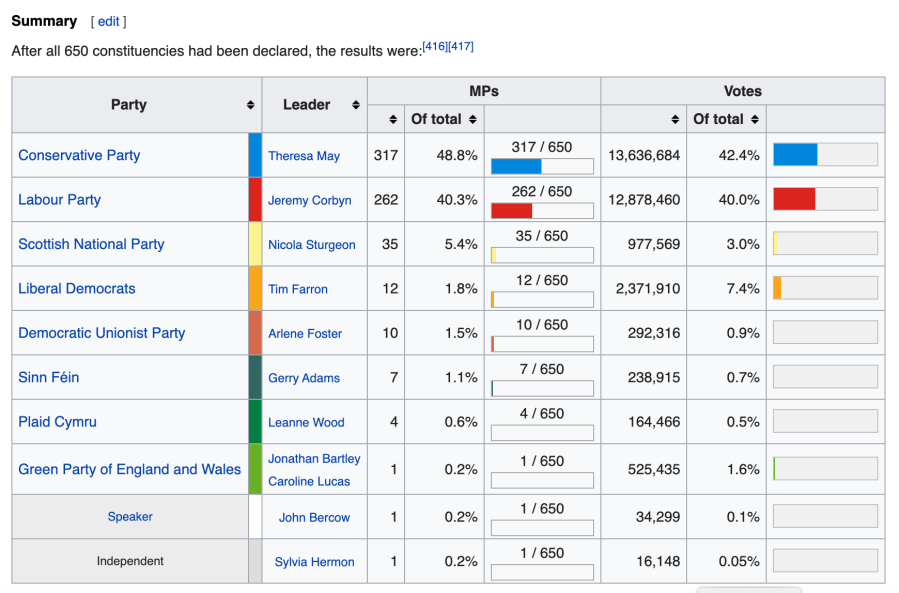
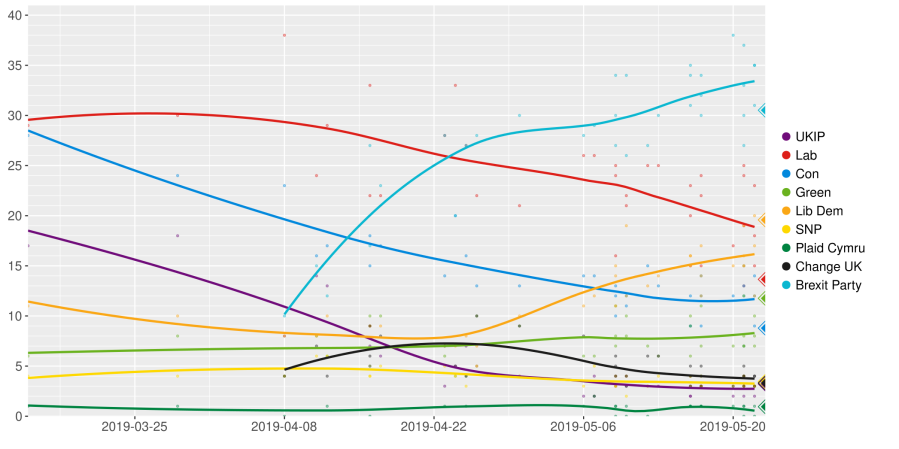
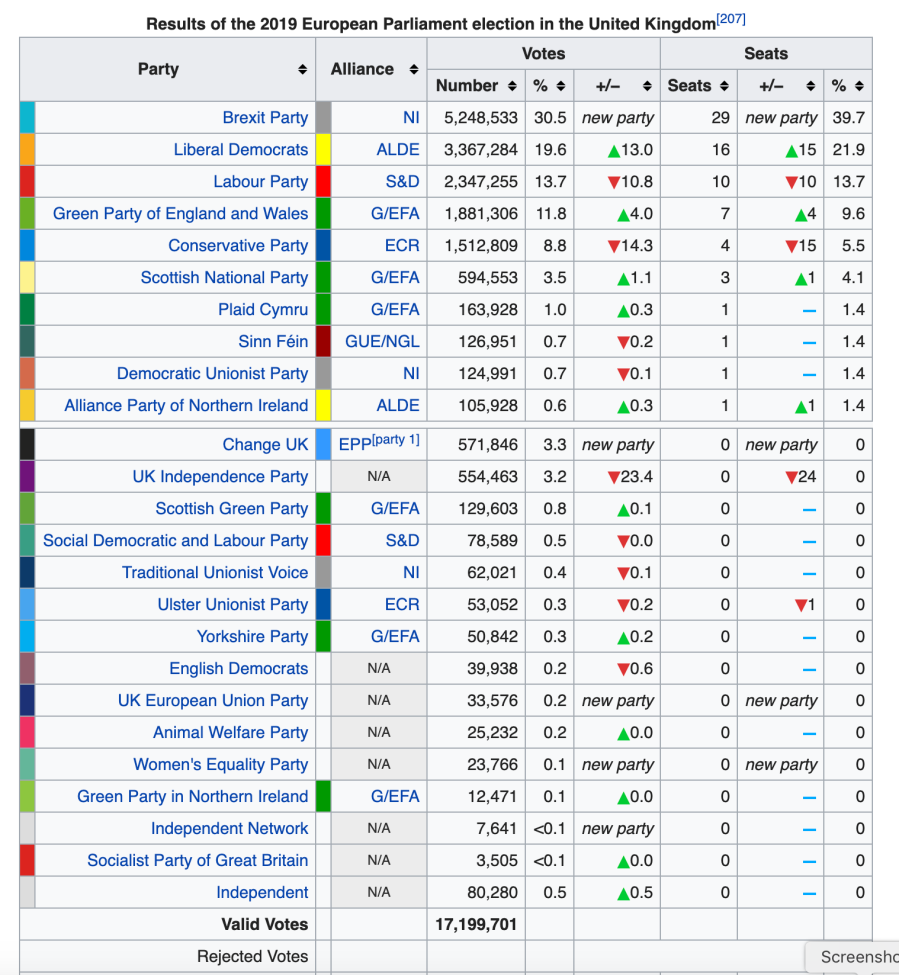
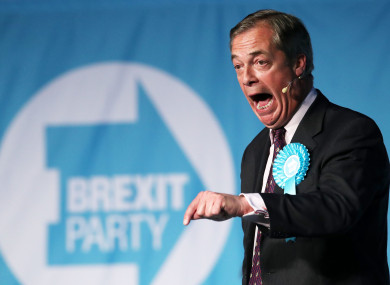
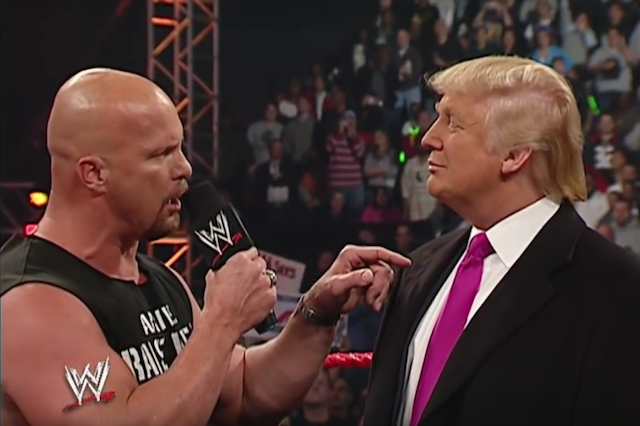
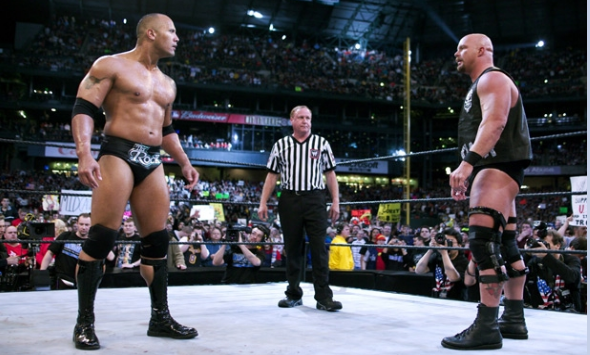





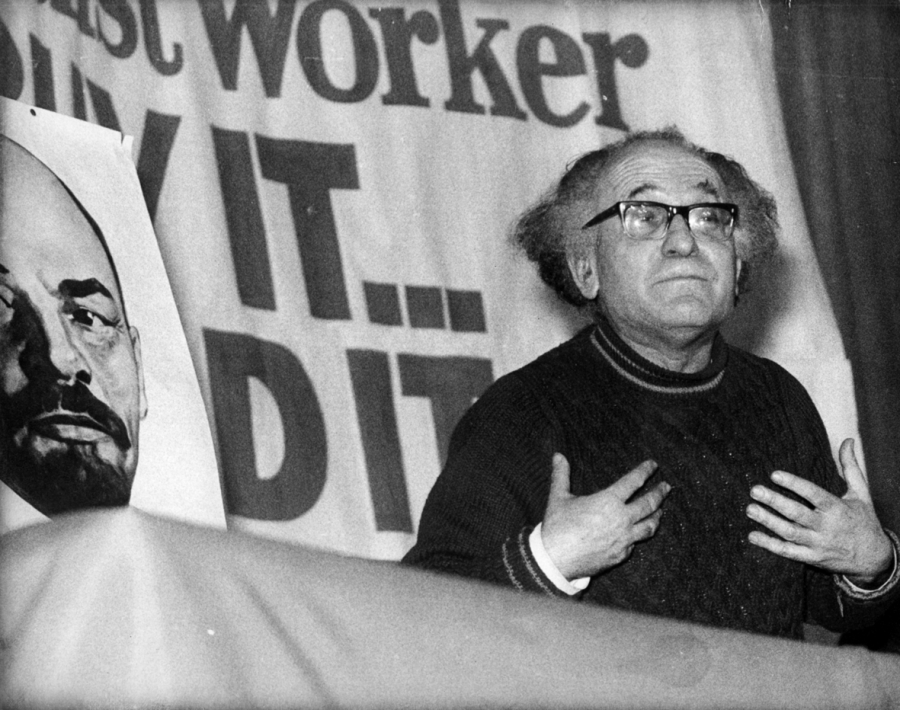 Tony Cliff
Tony Cliff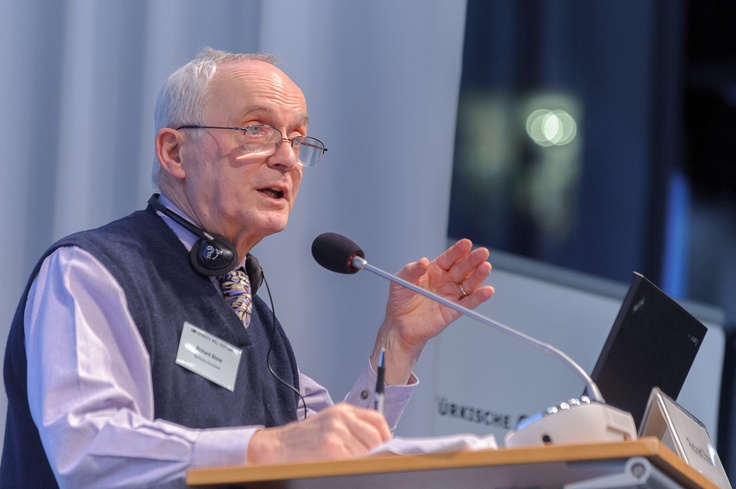 Dr Richard Stone OBE
Dr Richard Stone OBE


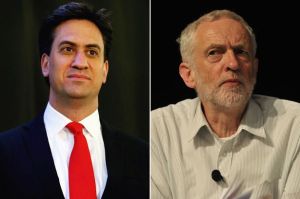


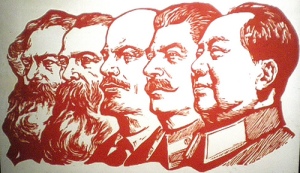
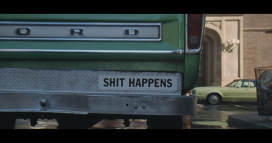
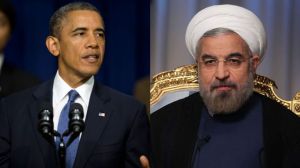

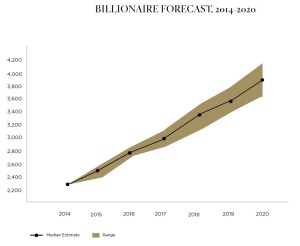

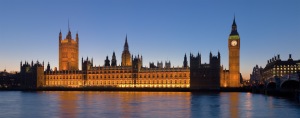 Therefore if not a representative or a delegate, what is the role of the directly elected politician?
Therefore if not a representative or a delegate, what is the role of the directly elected politician?